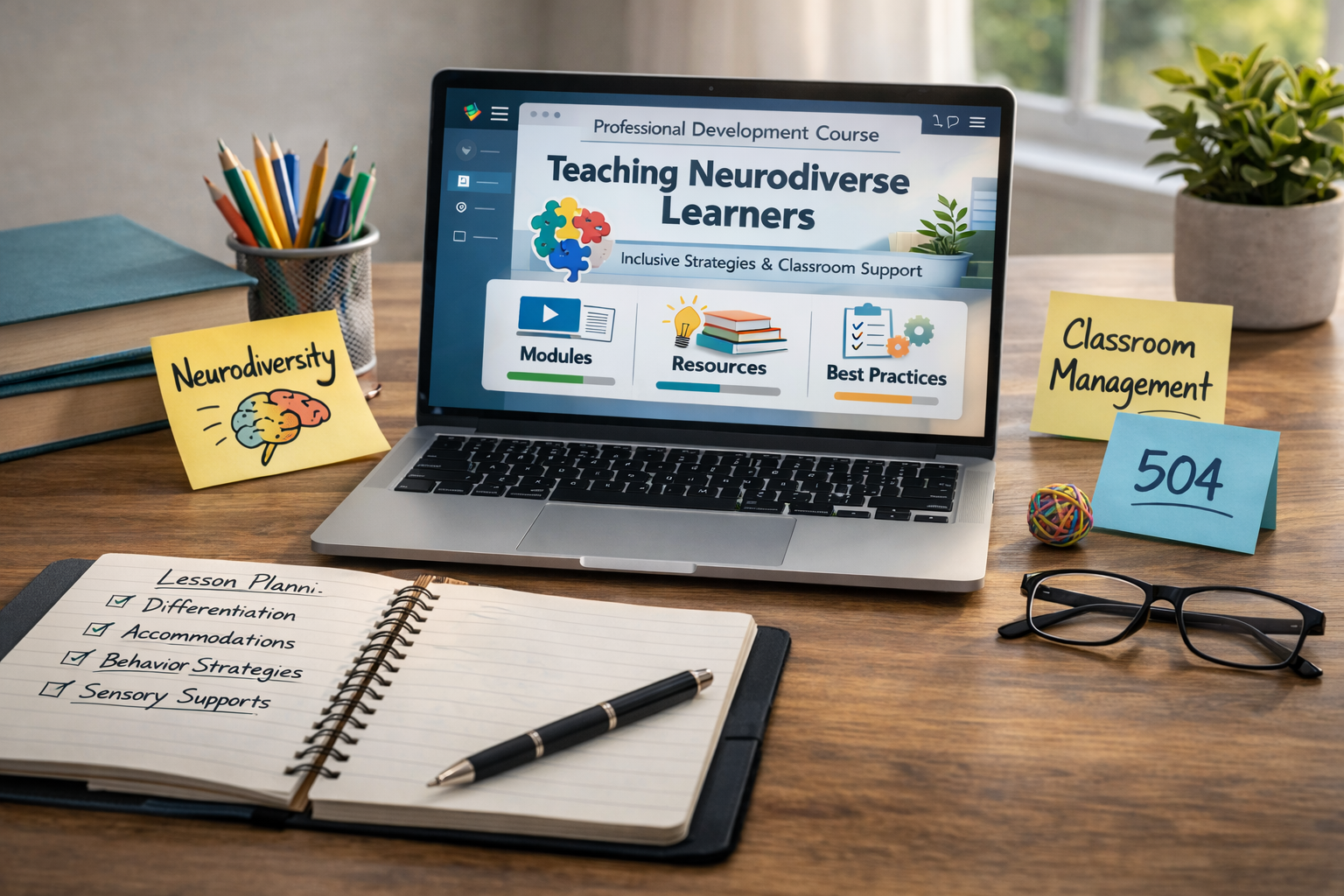7 Nursing Triage Skills for Managing Patients

Nursing triage is an ever-present process in healthcare. Nurses are often the first point of contact for evaluating the needs of patients within the context of available resources. Triage puts the patient at the center of the conversation, making sure the right people are given the right resources as efficiently as possible.
Triage is a unique skill in itself, and it’s supported by a handful of sub-skills that come together as a nurse gains experience and develops in their role. Education, training, and clinical intuition all have to come together to evaluate a patient’s complaint and condition, enact relevant evidence-based practice, and negotiate the limitations of available resources in pursuit of an optimal patient outcome. Continuing education is key for maintaining these skills, and Premiere’s Unlimited Nursing CE Subscription is a valuable asset for developing these skills.
Also, it’s important to remember that triage is a process, not a place. Nurse triage can happen almost anywhere, including the emergency room, a procedural suite, or even a virtual office. Getting comfortable with nursing triage is not something that happens overnight, and like many other aspects of nursing, the ability to effectively triage patients is cultivated over time. Here are seven of the most important triage skills that every nurse needs to develop to be successful.
1. Effective Listening
Listening is important in any job, but in nursing, it can be a difference of life and death. Effective listening means being fully present and focused on the speaker, understanding what they are saying, and responding appropriately. It’s both verbal and non-verbal communication techniques that demonstrate your intent and focus and empowers patients to take an active role in their healing process.
Effective listening is especially critical during triage because it helps the nurse quickly and accurately understand the significance of what patients and their family members are saying. There are three types of effective listening all supporting a more accurate picture of the presenting clinical condition:
- Active listening means demonstrating that you are paying attention. When actively listening you can use words like “OK”, “I see”, and “Yes, I understand” to reinforce that you’re engaged with the patient.
- Reflective listening is shown through paraphrasing what the patient is saying, asking clarifying questions, or encouraging them to explain in more detail. Reflective listening is supported by asking open-ended questions like “Can you describe how you feel?”
- Empathic listening engages with the emotional aspect of the patient’s story, not just the facts. It’s especially valuable during objective assessments like nursing triage where patients are under stress. By projecting understanding, patience, and compassion, nurses are positioned to offer education and reassurance without judgment.
2. Communication
Another important aspect of nursing triage is how information is relayed back to the patient. The nurse needs to speak clearly and calmly when communicating to minimize the potential of important information being lost. Patients may also be in the middle of a stressful experience, and clear calm communication helps them understand the information that’s being delivered while developing their confidence and trust.
Also, the triage process often represents the patient's first medical contact when presenting with an acute problem. Written communication and documentation are both key skills during triage to record critical data in the medical record and relay information to other members of the care team.
3. Critical Thinking
Nursing triage is often accompanied by protocols and processes that help guide the nurse through decision-making when speaking with the patient. It’s unrealistic to think that every possible situation could be covered by these interactions, so deducing important information and responding with safe and effective decision-making is an integral part of nursing triage.
Critical thinking is a skill that’s difficult to measure, but it’s built on knowledge, clinical reasoning, training, and a little bit of intuition, all in the name of effective problem-solving.
4. Assessment Skills
If the nursing triage process is happening in person, the nurse’s assessment skills need to be sharp. Much of triage is about making astute observations of a patient’s condition and identifying risks. A thorough physical assessment and relevant dialogue surrounding the patient’s chief complaint allow the entire team to make the most of every stage of care.
Low-risk patient scenarios may involve recommendations that the patient be seen by their primary care provider at their earliest convenience, while high-risk situations may require guidance to seek immediate medical attention.
5. Managing Escalating Behavior
Nursing triage can include a spectrum of patient complaints and conditions, with some patients seeking care when they are angry and potentially uncooperative. While these patients are often frustrated with the situation and not the nurse specifically, uncooperative behavior can present a barrier to obtaining information vital to the triage process.
Managing escalating behavior requires the ability to talk the patient through their stressful experience, gain trust, and diffuse their anger in hopes of communicating effectively. Often, this includes an explanation of the process and expectations during and following the conversation to alleviate concern and anxiety over their safety.
6. Resilience
Triage can place nurses in situations where they witness or are included in high-stress scenarios with anxious, frustrated, or critically ill patients and their family members. Remaining calm under pressure and managing one's own emotions can help maintain perspective and a healthy work/life balance, and healthcare phenomena like burnout and compassion fatigue are often lurking right around the corner.
Prioritization of self-care and resilience helps healthcare workers remain effective in nursing triage roles. Operating in a less-than-ideal state of mind can affect reasoning and judgment, which may ultimately put patients at risk.
7. Computer Literacy
While computer literacy isn’t the most glamorous of nursing skills to boast about, it is without a doubt critical for many healthcare professionals. The safe, efficient, and effective use of digital resources across the spectrum of nursing triage roles helps communicate important information, sustain triage effectiveness, and support patient safety.
Additionally, nurses working in telehealth need to have a strong background in every form of digital communication their patients might use, including apps, relevant software, and industry-specific portals and products. Not only will telehealth nurses need to triage patients in virtual settings, but they often have to help people navigate various systems both online and in person using texting, emails, and video calls.
Enhance Your Nursing Triage Skills
Nursing triage is a process that can occur in a variety of contexts and locations, but the purpose remains consistent: it’s about connecting people with the resources they need to maximize patient outcomes.
These skills evolve over the course of a career and are built on a foundation of knowledge, clinical reasoning, and critical thinking. The development of solid fundamentals is supported through experience and the pursuit of knowledge and training through continuing education.
Premiere’s library of online content can support healthcare professionals throughout their careers with packages like our Unlimited Nursing CE Subscription. With access to all of our CE resources, nurses can meet their professional obligations while learning vital skills and new strategies to give their patients the best care possible.
All of Premiere’s courses are created by leading industry experts, and make staying current and compliant as simple as finding a screen.


.png)



